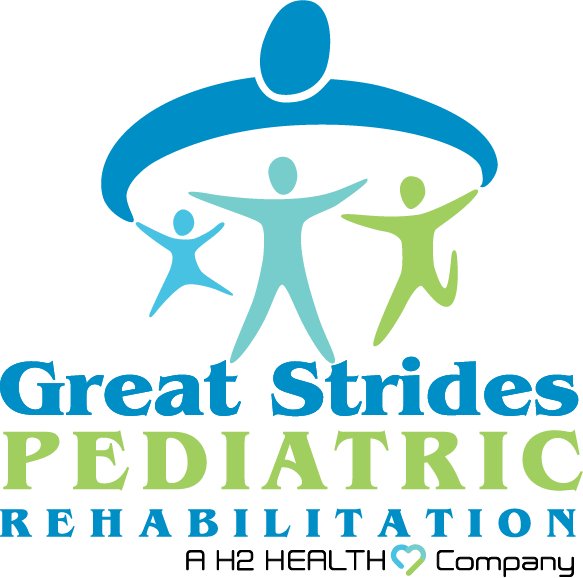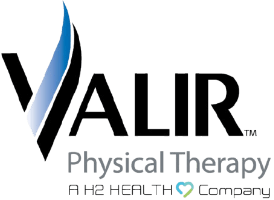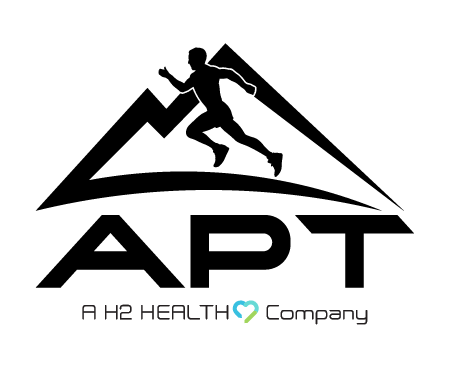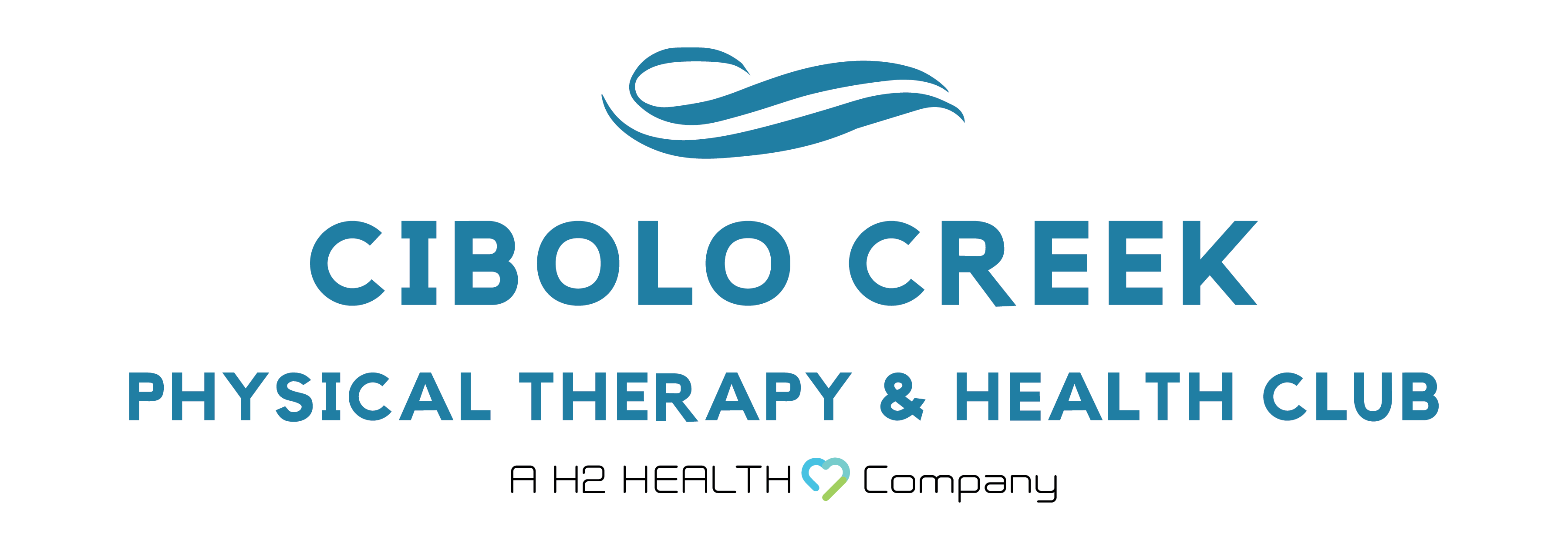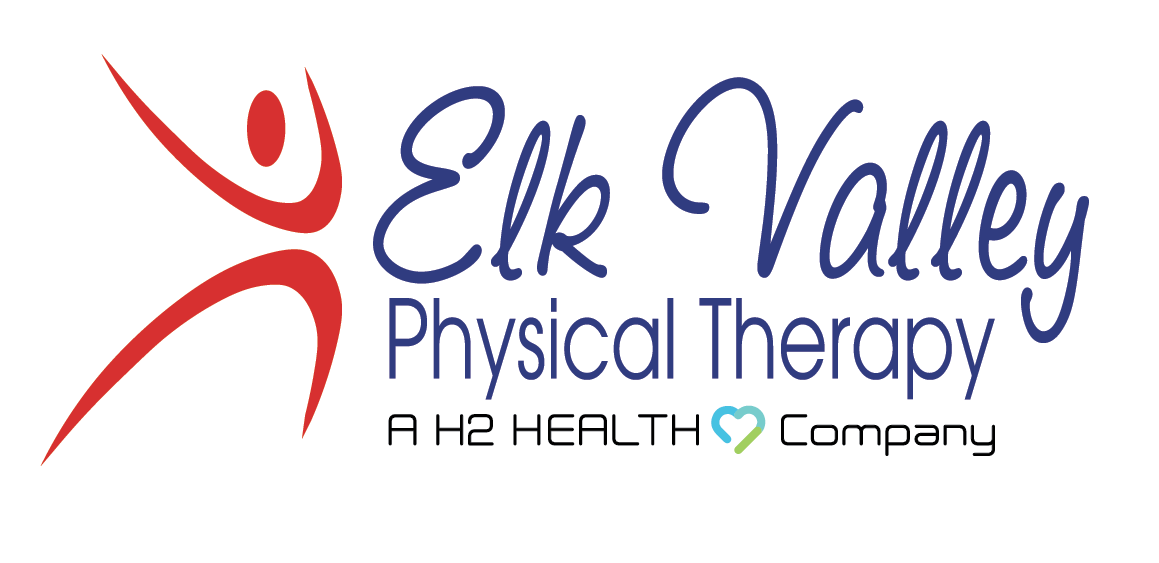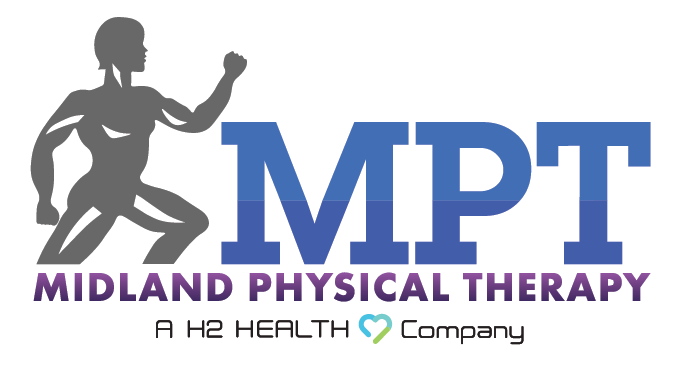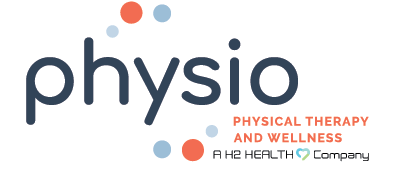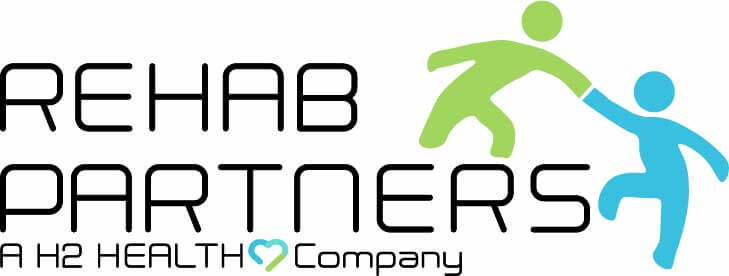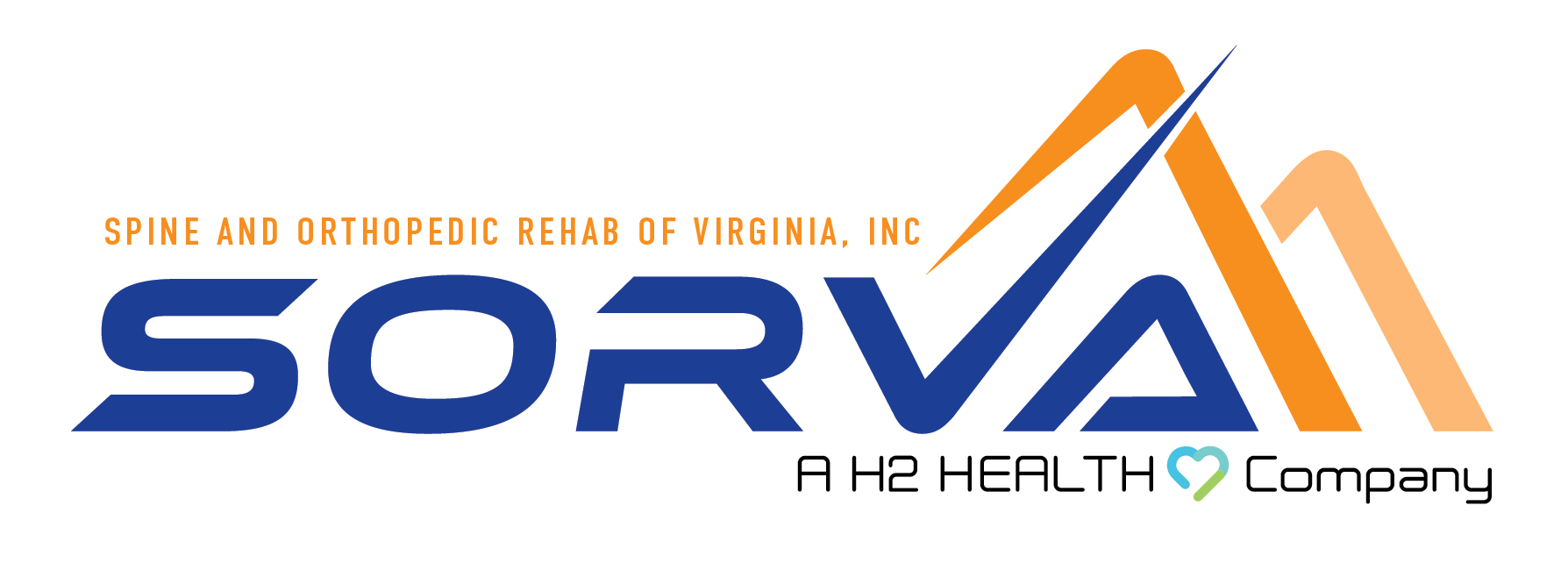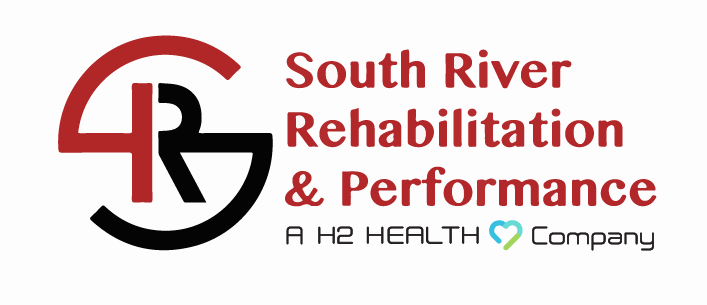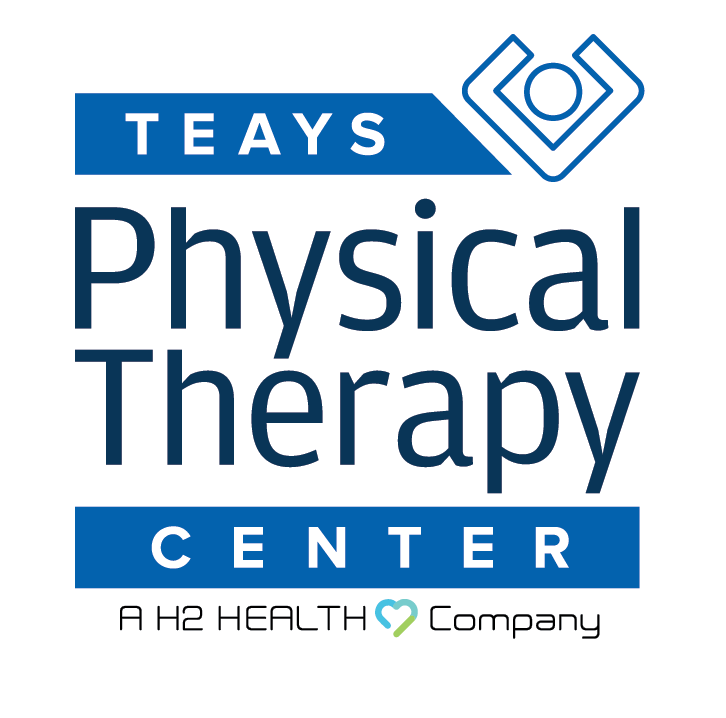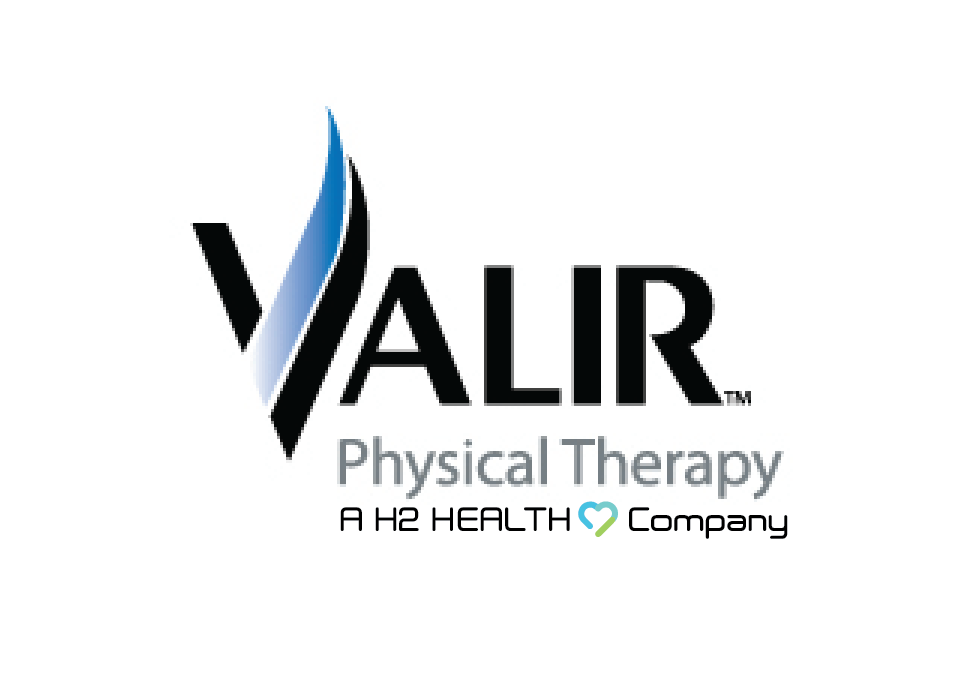
Life can take unexpected and challenging turns, especially when one is diagnosed with a neurological condition. This can be a daunting experience for individuals and their loved ones, often raising questions about their future abilities and life quality.
Fortunately, amidst the trials, there lies a beacon of hope in physical therapy for Neurological conditions. Here are some common neurological conditions and how physical therapy can help those with neurological conditions reclaim their functionality and enrich their daily lives.
Understanding Neurological Conditions
Neurological conditions are disorders that stem from the affected central or peripheral nervous system. They can disrupt various bodily functions, impacting mobility, sensory reception, and even autonomic functions such as heart rate and breathing. Common neurological conditions include:
Parkinson’s Disease (PD)
Parkinson’s disease is a progressive disorder of the nervous system that primarily affects movement. It usually starts gradually, often with a barely noticeable tremor in just one hand.
Apart from tremors, other symptoms include stiffness or slowing of movement. This neurological issue is caused by the loss of dopamine-producing cells in the brain.
Alzheimer’s Disease (AD)
Alzheimer’s disease is a very prevalent degenerative disease of the brain and the most common cause of dementia. This neurological condition leads to memory loss and a decline in cognitive abilities, which interfere with daily life.
Symptoms of Alzheimer’s disease usually develop slowly and worsen over time, becoming severe enough to interfere with daily tasks.
Neuropathies
Neuropathy refers to damage or dysfunction of one or more nerves, which typically results in numbness, tingling, muscle weakness, and pain in the affected area. It can be caused by several factors, including diabetes, infections, inherited disorders, and exposure to toxins.
Multiple Sclerosis (MS)
Multiple sclerosis is a disabling disease of the brain and spinal cord. The immune system of the body attacks myelin (the protective sheath that covers nerve fibers) and causes communication problems between your brain and the rest of your body.
Symptoms can vary widely, including fatigue, muscle spasms, difficulty walking, numbness or tingling, and problems with coordination and balance.
Amyotrophic Lateral Sclerosis (ALS)
Amyotrophic lateral sclerosis is a disorder that affects the nerve cells that control voluntary muscles. ALS causes the death of neurons controlling voluntary muscles, leading to muscle weakness, twitching, and an inability to move the arms, legs, and body. ALS symptoms get worse over time.
Stroke
A stroke occurs when the blood supply to part of the brain is interrupted or severely reduced, depriving brain tissue of oxygen and nutrients and causing rapid cell death. This can result in varying degrees of disability, including paralysis and speech difficulties.
The Role of Physical Therapy in Neurological Rehabilitation
Physical therapy plays a pivotal role in the rehabilitation of neurological conditions. It offers a spectrum of treatments designed to address individual symptoms and limitations.
The overarching goal of physical therapy is to enhance mobility, muscle strength, balance, and overall motor function, empowering patients to maintain or regain independence in their daily activities.
Here is how physical therapists can help with neurological conditions.
Detailed Assessment and Goal Setting
A comprehensive initial assessment is essential for developing a patient’s rehabilitation plan. Physical therapists evaluate various factors such as mobility, strength, balance, and gait to establish a baseline and identify areas that need improvement.
Based on this assessment, therapists set specific goals for each patient, which help motivate them throughout their therapy.
Tailored Treatment Plan
One critical role of a physical therapist is customizing the treatment plan to the precise nature of the patient’s neurological condition. This personalized plan should consider the stage of the disorder, the patient’s overall health, and individual goals.
For instance, for patients with MS, physical therapists often incorporate exercises to alleviate muscle stiffness and enhance coordination. Similarly, physical therapists work on regaining mobility after a stroke through gait training and re-education of movements to promote an efficient walking pattern.
Typically, the plan consists of:
- Exercise Program: An individualized exercise program is a key component of the treatment plan. This can include strengthening exercises, flexibility exercises, balance training, and aerobic conditioning. The exercises are selected to target the patient’s specific weaknesses and needs.
- Functional Training: Functional training involves teaching patients how to perform daily activities safely and efficiently. This can include walking, climbing stairs, getting in and out of chairs, or moving around without falling.
- Manual Therapy: Depending on the patient’s needs, manual therapy techniques like massage, stretching, or joint mobilizations may be used to improve joint mobility, reduce muscle tension, and alleviate pain.
- Education: Patients are educated about their condition and how to manage it. This can include learning how to prevent falls, conserve energy, maintain a healthy lifestyle, and use assistive devices correctly.
Constant Evaluation and Adjustment
Neurological rehabilitation is often a dynamic process, with patients experiencing fluctuations in their progress over time. That’s why physical therapists perform regular evaluations to track progress, make necessary adjustments to the treatment plan, and ensure that goals remain attainable and relevant.
Physical Therapy in Florida
Living with a neurological condition doesn’t mean giving up on your independence or quality of life. With the right guidance and support, you can reclaim your strength and mobility, and we at H2 Health are here to help you do just that.
Our expert physical therapists specialize in helping patients with neurological conditions like Parkinson’s disease, multiple sclerosis, and others. We understand the unique challenges you face, and we’re committed to designing a physical therapy plan tailored to your needs.
For more information, contact your nearest H2 Health clinic or make an appointment using our online form. We look forward to seeing you in one of our offices.

